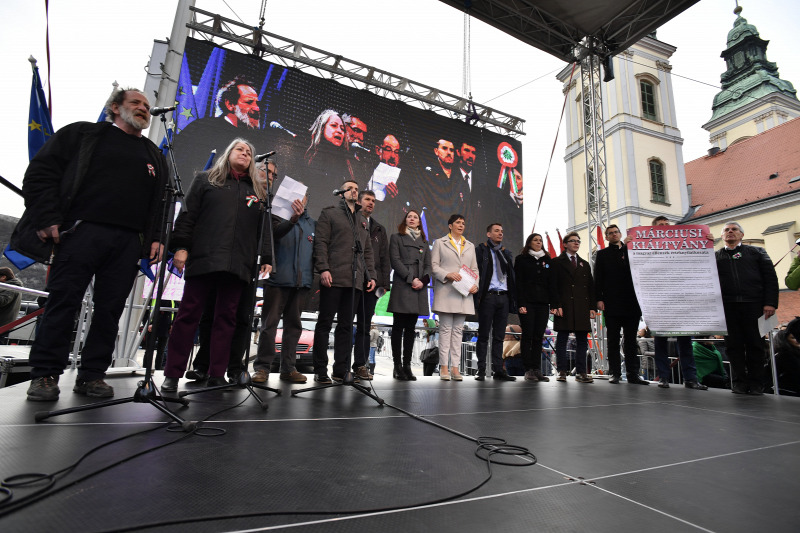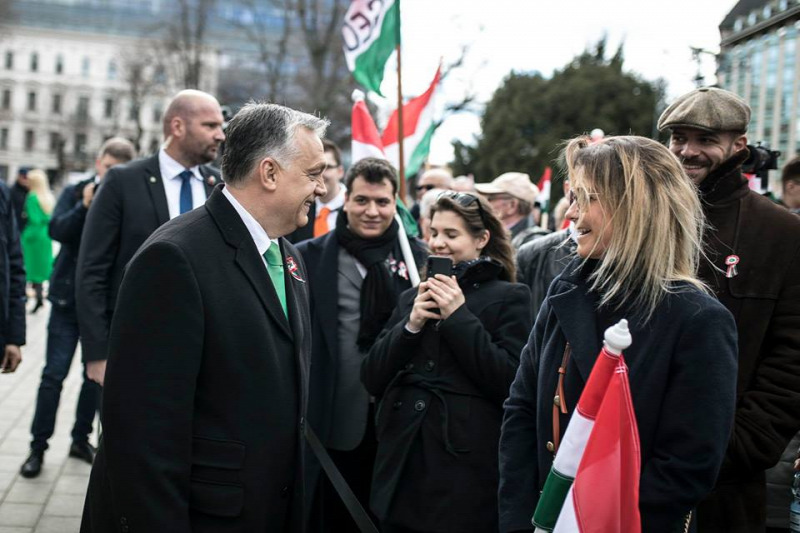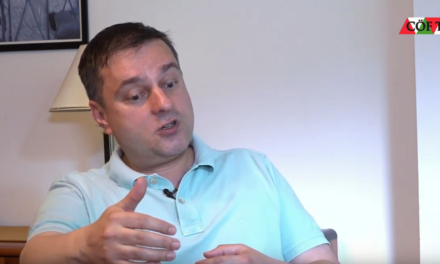At the time of next year's elections, it can already be said that half of the period since the system change has been spent under the government of Viktor Orbán - we can read Márton Békés in the XXI. In the publication of the director of Szazad Institute, also published in Origón.
The prime minister already exceeds the time spent in government by the great leaders of Hungarian political history, namely István Bethlen and Kálmán Tisza, even if we look at it from the point of view of his three consecutive terms or his rightfully counted first government. Moreover, he achieved this record under democratic conditions, in fact by expanding the scope of popular sovereignty. The solidity of the domestic, right-wing historical bloc will be proven when the hegemony woven around this country becomes cultural in nature, writes Márton Békés, the XXI. Század Institute director in his analysis of the close connection between the right-wing political system and the conservative cultural era.

Today's representatives of the Apró–Dobrev clan and the Donáth family/ SOURCE: MTI/Márton Mónus/
After the system change, not only did the previous political elite and the old-new economic elite prove to be permanent, but the cultural elite was also conserved and even successfully reproduced itself. This twenty-year long post-communist-liberal political and cultural hegemony was responsible for the discrediting of the causes of the right, the linguistic defeat of conservatives, and the fact that culture served almost exclusively as a power arena for a narrow elite.

Source: Origo.hu
Since then, this has proven in three parliamentary elections, the same number of local government elections, two European Parliament elections and one referendum that there is a social majority behind Fidesz-KDNP. The former ruling elite has been replaced, although it continues stubborn defensive struggles and even gave birth to new generations (the Apró-Dobrev clan or the Donáth family), while actively seeking contact with the transatlantic elites, and receiving all the support for its endeavors from the EU structures. It also has a significant background supporter, in the person of the progressive political elite exercising international cultural power and the media elite allied with it, who together "created a globally valid plant" (Lothar Fritze).
Especially in this situation, the creation of cultural hegemony is important, which has been taking place on several levels for more than a decade, always accompanied by a desperate cultural struggle against era-building, which is waged by the global elite and its domestic compradores. After the eleven years that have passed since 2010, the government's actions have ensured the legal framework, cultural competition conditions and financial operation, the creation of one's own "cultural composition" (Viktor Kiss) should continue nowadays in the field of civil society in Gramsci's sense. because whoever owns the culture, owns the country.
Source and full article: origo.hu
Featured image: XXI. Century Institute












